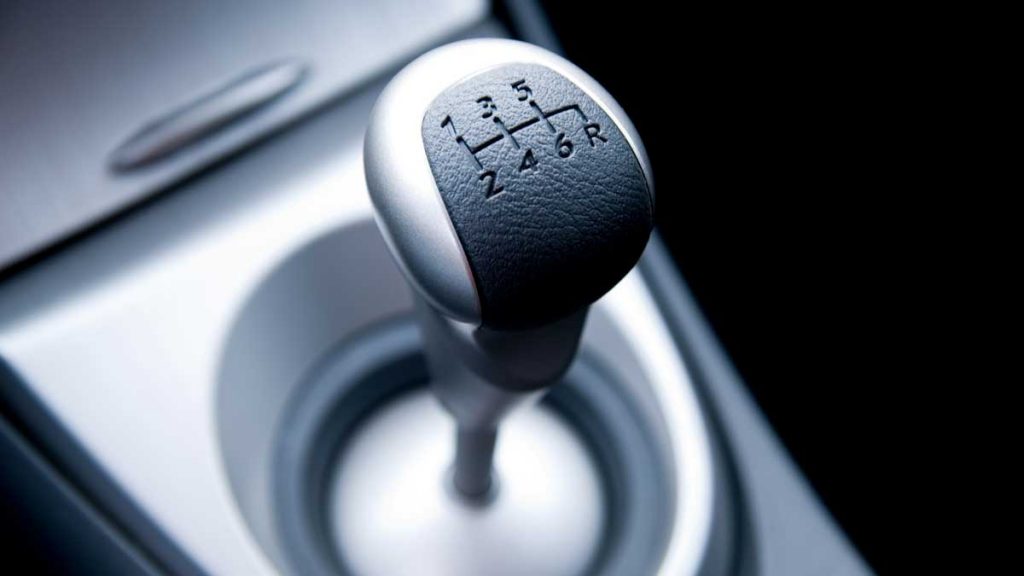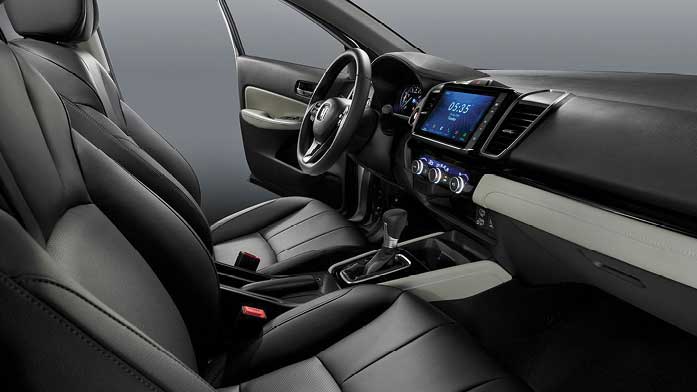Many modern innovations in car safety are not merely aimed at making the vehicle’s owner…
FAST TRACK

WE’RE ALL HEADING BACK TO THE UPSIDE DOWN
September 27, 2021
THE TOP 100 HITS OF THE WEEK
September 27, 2021SHIFTING GEARS
Taking a peek into the future of vehicles
COMPILED BY Dyan Seneviratne
The vehicle manufacturing industry has operated for a century on one business model: design, produce, sell and service vehicles. But radical changes are coming!
Here’s a typical morning commute in 2030: it’s a bright and sunny day, and you’re ready to head to work. The vehicle, which we shall call ACES (autonomous, connected, electric and shared), that you ordered arrives and you get in…
The first thing ACES does is wish you a happy birthday! Next, it plays ‘Happy Birthday to You’ – and shares social media greetings from family and friends through its infotainment centre.
While you’re enjoying these messages, ACES drives you to your destination whilst alerting you to upcoming traffic congestion and suggesting alternative routes.
Then ACES quickly scans your health vitals and coordinates with your fitness app. It checks your house in case the TV or other appliances were left on and downloads the audio book you listened to earlier.
And it also suggests that you may want to walk the last mile… because you had missed your exercise target last week.
In addition, ACES communicates with local businesses on your approved list. You pass the theatre that’s hosting a concert your spouse wants to attend. It checks your schedules, ticket prices and availability, and asks if you want to purchase them.
While it executes the transaction, ACES adds the event to both of your schedules, and arranges for a vehicle to transport you to and from the concert.

When you are near your destination, it drops you off to walk the last mile. It then stores new information or personal preferences in your mobility profile before wishing you a good day. ACES then goes on to pick up its next scheduled customer and sets up his or her personalised experiences along the way.
While this may sound a little farfetched, these and many other vehicle capabilities and mobility services are expected to be readily available by 2030… thanks to digital technologies!
Predictions about the vehicle industry in 2030 support this vision.
Every person will own 15 connected devices. Up to 15 percent of new cars sold could be fully autonomous by then. Software will account for 90 percent of innovations in the vehicle and lines of code will be a hundredfold more than what they are today.
Car sharing could make up 26 percent of global miles travelled. Technology advancements and consumer expectations will be the constant drivers of change over the next decade. Sustainability is driving the focus on electric cars and the need for new skills is causing shortages in the workforce.
Regardless of how quickly the future materialises, two things are certain…
Firstly, digital technologies create entirely new ways to foster seamless touch points with consumers. They provide insights that deliver personalised services and integrate the vehicle with various aspects of a person’s life.
Secondly, consumers expect the digital experiences they enjoy in their vehicles to be as good as or even better than those they have on their other smart devices.
And yes, 2030 is only nine years away!






